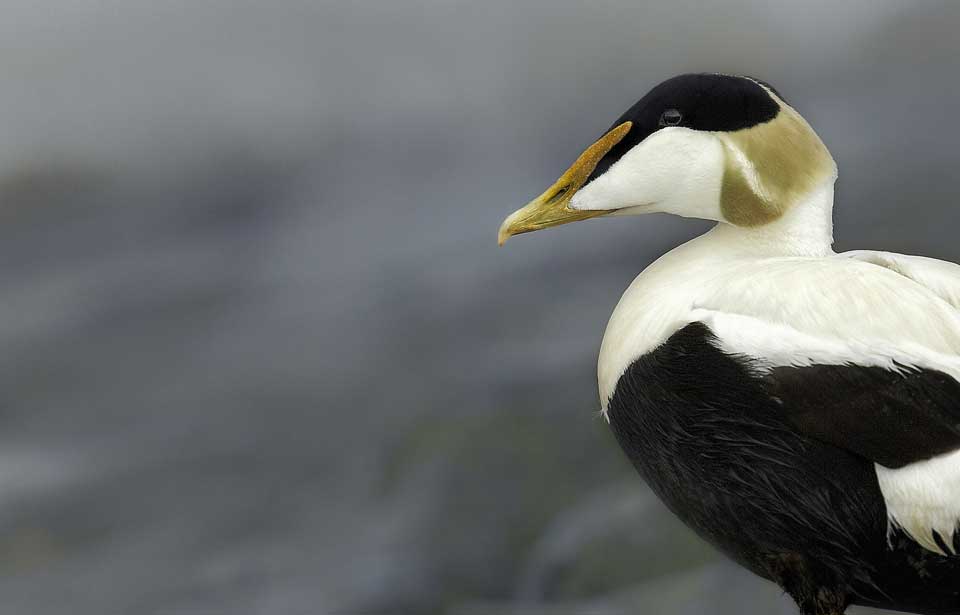For many marine migrants, the deep blue sea is becoming a deadly obstacle course, as solid waste and land-based pollution become unwelcome traveling companions. Marine debris, such as plastic bags, lost fishing gear, six-pack rings, and glass bottles, remain in the environment for years, killing or injuring right whales, leatherback turtles, and numerous other seafarers, that become entangled in the litter or mistake it for food.
Meanwhile, ocean pollution (80 per cent of which comes from human activities on land) sluices into our seas. Sources include billions of litres of untreated sewage containing human waste, motor oil, solvents, and miscellaneous toxic chemicals; inadequately treated waste water from industries; pesticides sprayed on gardens and crops; and nutrients, such as phosphates and nitrates, from municipal and agricultural sources. In particular, marine pollution affects estuaries and coastal waters, areas critical to migratory species.
Help turn the tide on marine debris and land-based pollution with these projects:
- Cut solid waste off at its source.
- Participate in a beach or shoreline cleanup in your community.
- Encourage ports and marinas to provide convenient garbage disposal facilities.
- Write a cruise ship company and investigate what it does with its waste at sea.
- Whenever you go boating or visit a shoreline or other wild area, stow your trash instead of leaving it behind.
- Reduce waste by composting and recycling, using recycled products, buying foods in bulk, purchasing products with minimal packaging, and bringing your own reusable bags to the supermarket.
- Campaign against the release of helium balloons into the environment, especially near coastal areas. They are a serious threat to marine animals, such as leatherback turtles, that mistake them for prey and choke on them.
- Turn off the tap on land-based pollution.
- Monitor water quality. Test for pH (acid versus alkaline), nutrients (nitrogen or phosphorus), turbidity (lack of water clarity), and the presence of beneficial macroinvertebrates (aquatic insects, snails, worms, and crayfish).
- Use only phosphate-free detergents and eliminate garden fertilizers to reduce the quantity of phosphorus and nitrogen creeping into water bodies.
- Purge pesticides from your schoolyard and create wildlife habitats for amphibians, bugs, and birds that control pests naturally.
- Dispose of hazardous wastes, such as old paint, motor oil, and turpentine, at proper disposal sites, rather than dumping them down the drain or into landfills. Organize a community collection day for toxic materials.
- Remind your community that hazardous wastes should never be dumped into storm drains. Stencil slogans like “Save Our Seas — No Toxics, Please” on curbsides.
- If your community has no sewage treatment facilities, raise public awareness about their absence and urge your municipality to take action.



